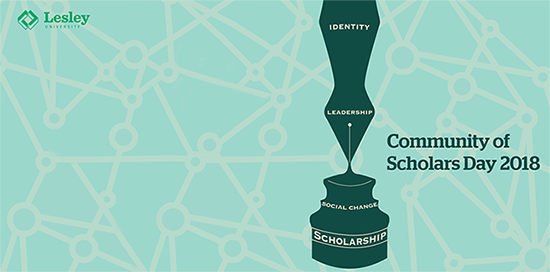Abstract
Within the demographics of New England, Portuguese is a language strikingly rich in standard and nonstandard varieties. In studying Portuguese, it is common for some students to acquire language more easily than their peers despite receiving the same linguistic input, and others display outright negative attitudes toward the language variety taught in the classroom. The dearth of research on this topic begged the research question of how language variety affects motivation in adult learners of Portuguese. Unique in its focus on heritage learners of Portuguese, this qualitative study aimed to inform and lead a more cross-cultural approach to teaching the language. Semistructured interviews with 20 undergraduates identified psychological, social, cultural, and historical factors influencing the students’ self-identities, and interpretative phenomenological analysis resulted in strong overlapping themes of identity, attitudes, and ideal selves regarding motivation and language acquisition success. In short, the language variety being taught significantly—positively or negatively—affects student motivation. Heritage learners use the variant of their families to hold onto ethnic identity and have little interest in learning other variants, and language and identity crises lead to “visionary” experiences within the classroom and strongly affect academic performance. The findings suggest that learners incorporate the language variety in their construction of identity within their lived, ongoing, and fluid life experiences, community settings, and interactions in social and cultural contexts. The study grows the limited existing research and recommends language instructors lead pedagogical change in Portuguese language teaching by placing greater importance on cross-cultural linguistic varieties when assessing adult heritage learners.
Start Date
28-3-2018 6:40 PM
End Date
28-3-2018 7:30 PM
Presentation Type
Paper
Disciplines
Education
Full Text of Presentation
wf_yes
Included in
How Language Variety and Motivation Impact Acquisition in Adult Learners of Portuguese
U-Hall 3-100
Within the demographics of New England, Portuguese is a language strikingly rich in standard and nonstandard varieties. In studying Portuguese, it is common for some students to acquire language more easily than their peers despite receiving the same linguistic input, and others display outright negative attitudes toward the language variety taught in the classroom. The dearth of research on this topic begged the research question of how language variety affects motivation in adult learners of Portuguese. Unique in its focus on heritage learners of Portuguese, this qualitative study aimed to inform and lead a more cross-cultural approach to teaching the language. Semistructured interviews with 20 undergraduates identified psychological, social, cultural, and historical factors influencing the students’ self-identities, and interpretative phenomenological analysis resulted in strong overlapping themes of identity, attitudes, and ideal selves regarding motivation and language acquisition success. In short, the language variety being taught significantly—positively or negatively—affects student motivation. Heritage learners use the variant of their families to hold onto ethnic identity and have little interest in learning other variants, and language and identity crises lead to “visionary” experiences within the classroom and strongly affect academic performance. The findings suggest that learners incorporate the language variety in their construction of identity within their lived, ongoing, and fluid life experiences, community settings, and interactions in social and cultural contexts. The study grows the limited existing research and recommends language instructors lead pedagogical change in Portuguese language teaching by placing greater importance on cross-cultural linguistic varieties when assessing adult heritage learners.



